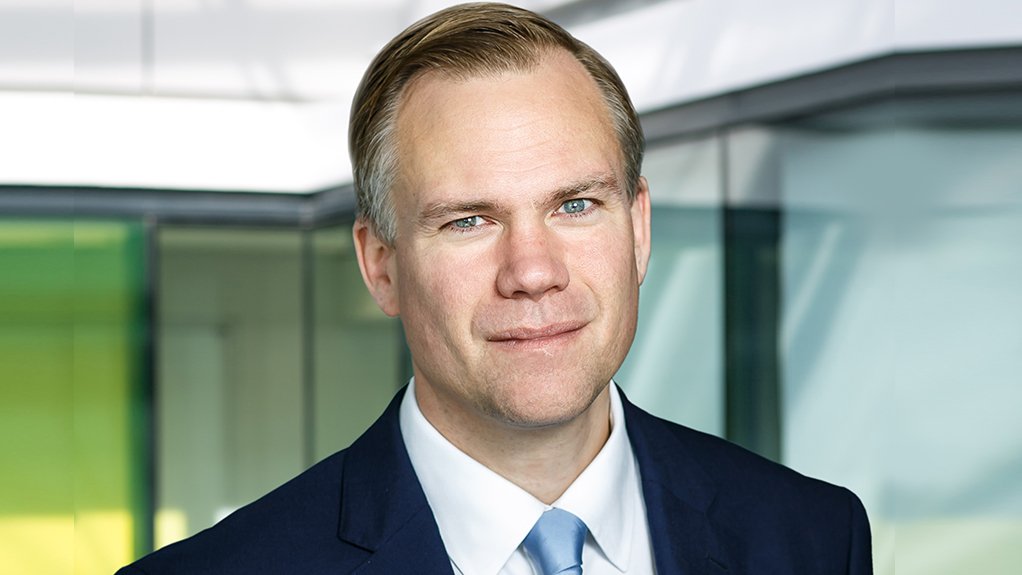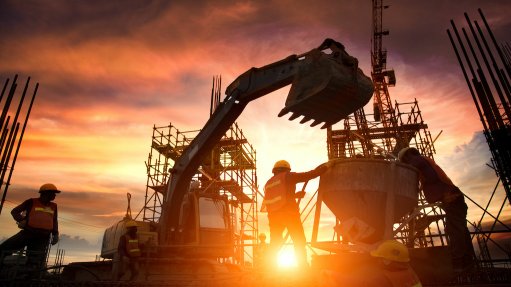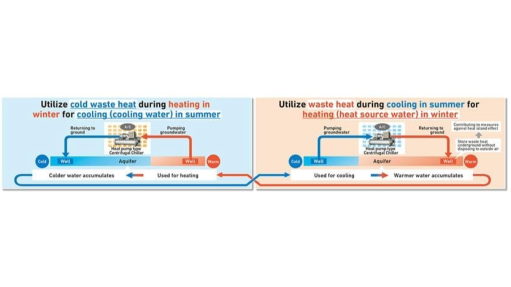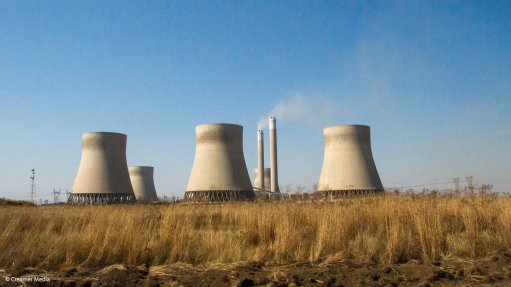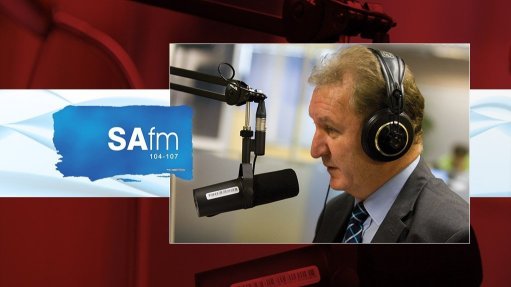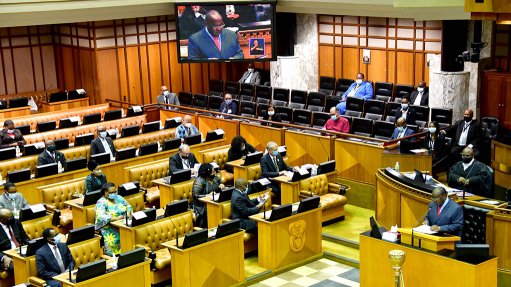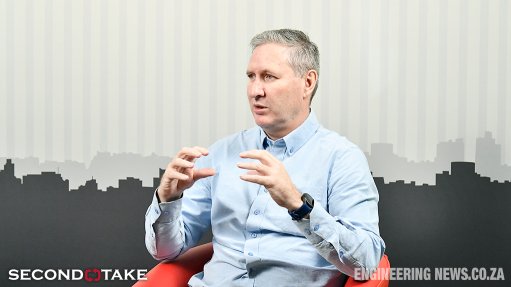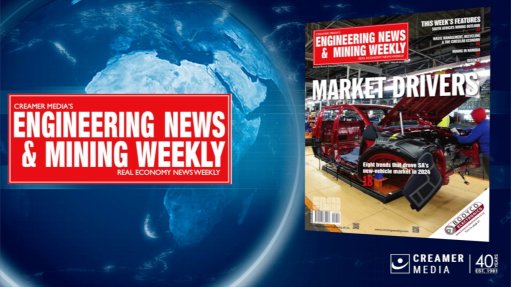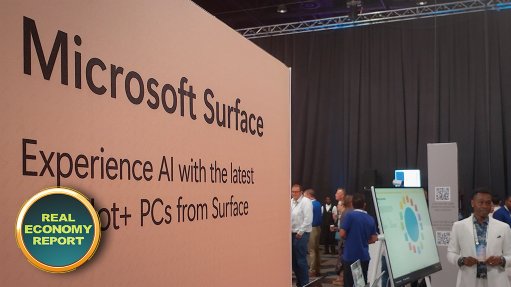New Mali mining code might deter new investors, says lawyer
The new Mali mining code allows the country’s government to take a 10% stake in new mining projects, while also giving the State the option to buy an additional 20% within the first two years of commercial production.
London-based partner at US law firm Boies Schiller Flexner, Timothy Foden, says this is a considerable increase in ownership compared with the country’s prior mining code.
A further 5% stake could also be ceded to locals, taking State and private Malian interests in new projects to 35%, up from 20% in the 2019 mining code.
The country’s new mining code was announced in May and seeks to increase government ownership of concessions in the country.
The approved code is poised to generate an additional $803-million a year for the State and increase the mining sector’s contribution to the economy by up to 20% of gross domestic product, from the current 9%, Economy Minister Alousseni Sanou and Mines Minister Amadou Keitsa have said.
Foden explains to Engineering News & Mining Weekly that these new requirements are over and above community spend and corporate social responsibility initiatives, meaning an additional huge slice will be taken out of miners’ pockets, especially since social funds typically get allocated 2% of revenue, not profit.
The mining code applies to all minerals and metals produced in the country.
Foden says statements made during the promulgation of the mining code on national television have given rise to serious concerns among investors.
Of particular concern is whether existing agreements between the Mali government and mining companies will be amended. While the mining code in its current form does not specify that these will be amended, the sentiment of national leaders seems to be that existing agreements will be amended or renegotiated at some point.
There are also, of course, concerns about whether government will spend the additional dividends as intended in the mining code to develop the mining industry further.
Another concern is that the turnover requirements are high and, therefore, may deter new investors from the jurisdiction.
“There was some consultation taken, but it included incredibly unrealistic timelines. While it seems like some comments were taken on board, the process was still largely translucent,” Foden says.
Commenting on the wider trend of resource nationalism of late, he says resource nationalism has “come and gone” in waves since the 1960s, which politicians often harness for electoral benefit.
There are good examples of where State-owned mining companies have ensured great benefits for society, such as the State-owned copper mining company of Chile, but many resource nationalism endeavours have had negative long-term consequences.
Foden’s personal belief is that resource nationalism tends to operate largely out of reaction rather than planning. “There are mines in parts of the world that operate at a near loss where any renegotiation with the State will make the mine economically unviable. Where a State goes after assets like that, it demonstrates a lack of economic sense,” he states.
Foden adds that States that have renegotiated a position with an existing mining company tend to fare better than the States that just try to “grab” assets and deal with consequences down the road.
In Indonesia, for example, there is a regular renegotiation process that takes place between mining companies and the State, to the benefit of both parties.
It remains to be seen whether, in Mali’s case, the country will manage to attract new investment and retain existing investment with this mining code in place.
Comments
Press Office
Announcements
What's On
Subscribe to improve your user experience...
Option 1 (equivalent of R125 a month):
Receive a weekly copy of Creamer Media's Engineering News & Mining Weekly magazine
(print copy for those in South Africa and e-magazine for those outside of South Africa)
Receive daily email newsletters
Access to full search results
Access archive of magazine back copies
Access to Projects in Progress
Access to ONE Research Report of your choice in PDF format
Option 2 (equivalent of R375 a month):
All benefits from Option 1
PLUS
Access to Creamer Media's Research Channel Africa for ALL Research Reports, in PDF format, on various industrial and mining sectors
including Electricity; Water; Energy Transition; Hydrogen; Roads, Rail and Ports; Coal; Gold; Platinum; Battery Metals; etc.
Already a subscriber?
Forgotten your password?
Receive weekly copy of Creamer Media's Engineering News & Mining Weekly magazine (print copy for those in South Africa and e-magazine for those outside of South Africa)
➕
Recieve daily email newsletters
➕
Access to full search results
➕
Access archive of magazine back copies
➕
Access to Projects in Progress
➕
Access to ONE Research Report of your choice in PDF format
RESEARCH CHANNEL AFRICA
R4500 (equivalent of R375 a month)
SUBSCRIBEAll benefits from Option 1
➕
Access to Creamer Media's Research Channel Africa for ALL Research Reports on various industrial and mining sectors, in PDF format, including on:
Electricity
➕
Water
➕
Energy Transition
➕
Hydrogen
➕
Roads, Rail and Ports
➕
Coal
➕
Gold
➕
Platinum
➕
Battery Metals
➕
etc.
Receive all benefits from Option 1 or Option 2 delivered to numerous people at your company
➕
Multiple User names and Passwords for simultaneous log-ins
➕
Intranet integration access to all in your organisation



